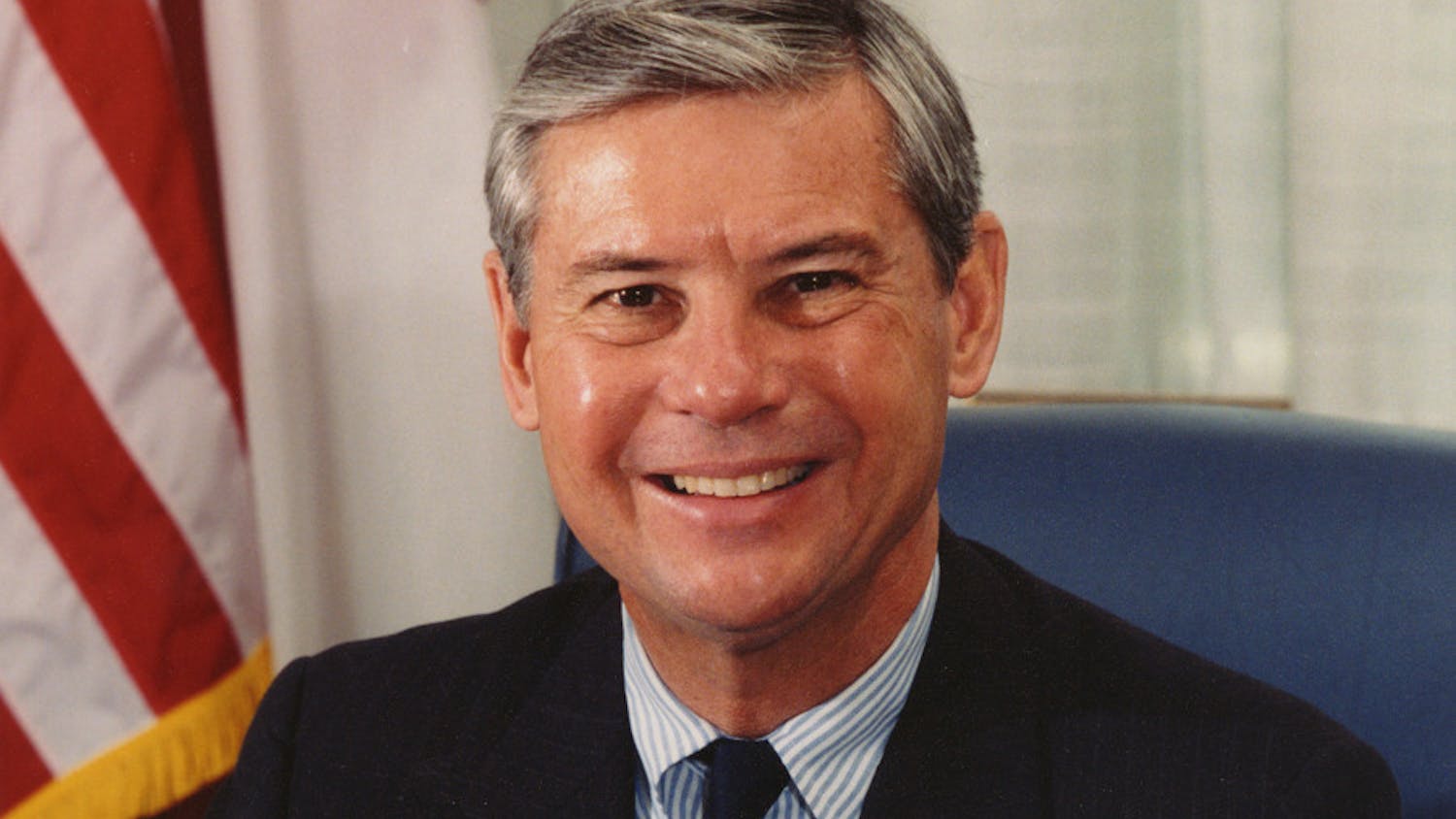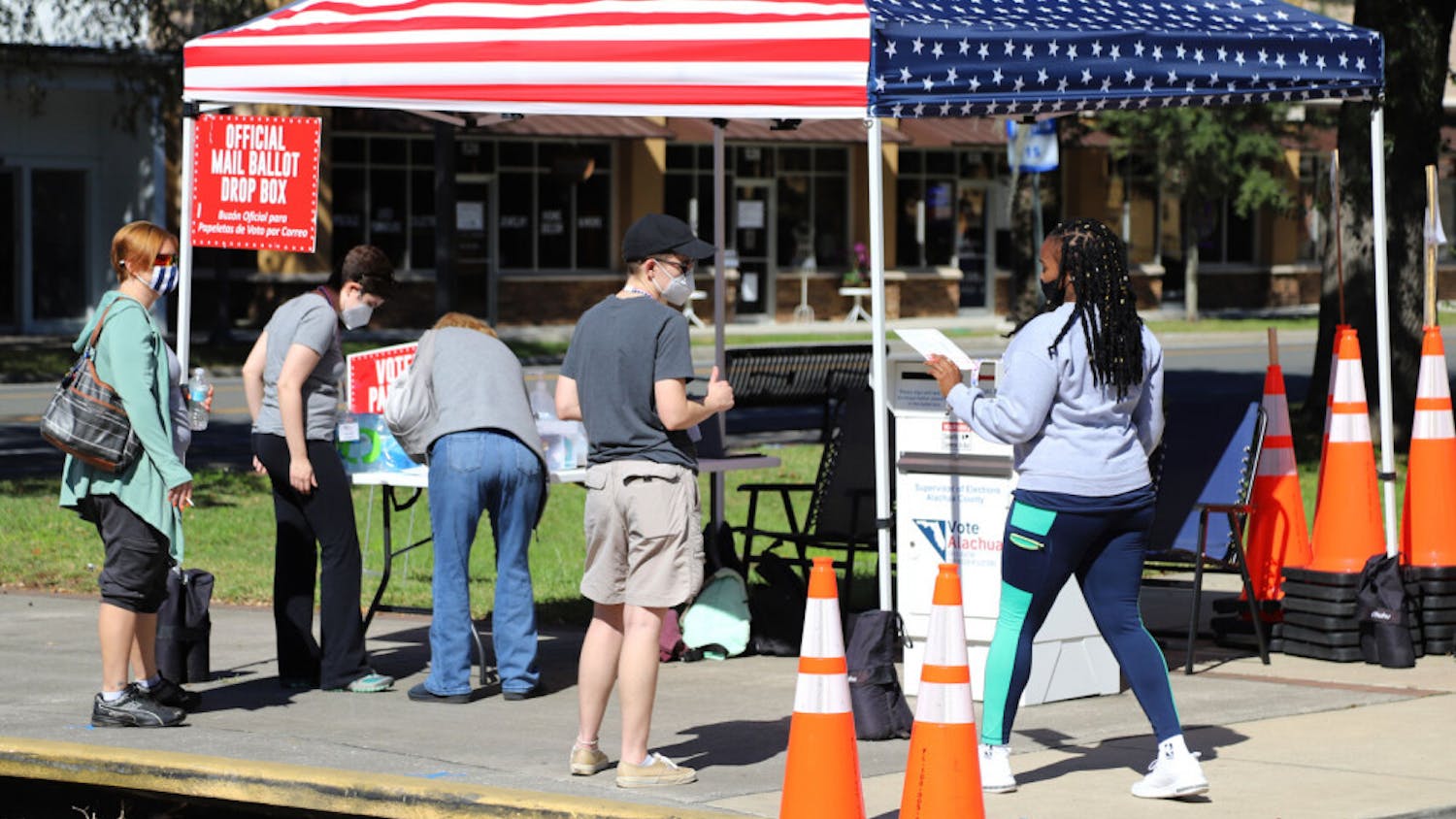Getting fired on the basis of identity may be a thing of the past. Federal law prohibits discrimination in the workplace on the basis of race, religion and ethnicity.
However, Florida does not have a state law to protect residents from sexual orientation discrimination in the workplace, said Emma Humphries, an assistant in citizenship at the Bob Graham Center for Public Service.
A new survey by the Graham Center found 73 percent of Floridian respondents support the Competitive Workforce Act. The act would update the state’s Civil Rights Act of 1992 to include protections against sexual-orientation and gender-identity discrimination. The survey was co-sponsored by the Bureau of Economic and Business Research.
“That’s pretty strong support in Florida,” Humphries said. “We’re a politically diverse state that doesn’t agree on too many issues.”
She said Floridians should know about the legislation, and legislators should know how Floridians feel about it.
“LGBTQ students should want to know if Florida law protects them in the workplace,” Humphries said. “Right now it does not.”
Jodi Schorb, a UF assistant professor of English and member of the UF LGBT Concerns Committee, wrote in an email that she imagines students would find the issue problematic.
“It’s perfectly legal in Florida to discriminate and deny anyone a job or a promotion based on sexual orientation or harass someone at workplace based upon their gender expression,” Schorb wrote.
UF is among the few higher-education campuses in Florida that have taken action in recent years to implement protections against sexual orientation discrimination on campus.
UF Supreme Court Chief Justice Matt Michel said UF requires all student organizations to include a nondiscrimination clause in their constitutions.
“It makes sense to treat sexual orientation like gender, race, religion and other categories we protect as a society,” Michel, a 28-year-old Spanish Ph.D. candidate and third-year law student said. “Not all places are as progressive and open-minded as the University of Florida.”
Kenneth Wald, a distinguished professor of political science, said other schools have tried to implement similar rules to ban discrimination but have not succeeded.
“Many who have tried to do this have been told by their lawyers that because it’s not illegal to discriminate based on sexual orientation in Florida, the campuses can’t go beyond state law,” Wald said.
He said UF’s policy is about 10 years old.
“The American public has made a dramatic shift in attitudes toward rights of people and sexual orientation,” Wald said. “What we’re seeing in Florida, I think, echoes what we’re seeing on a national level.”





